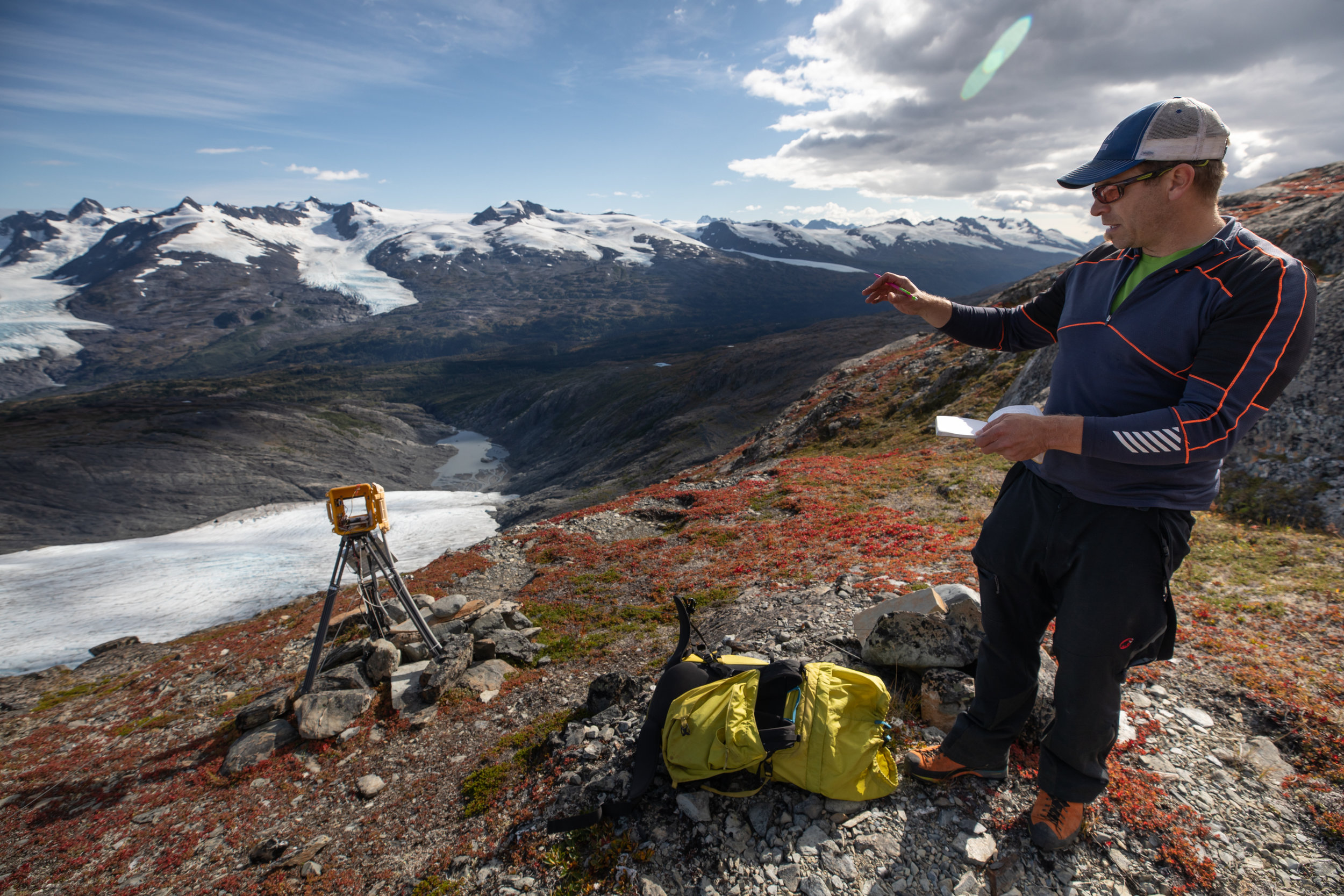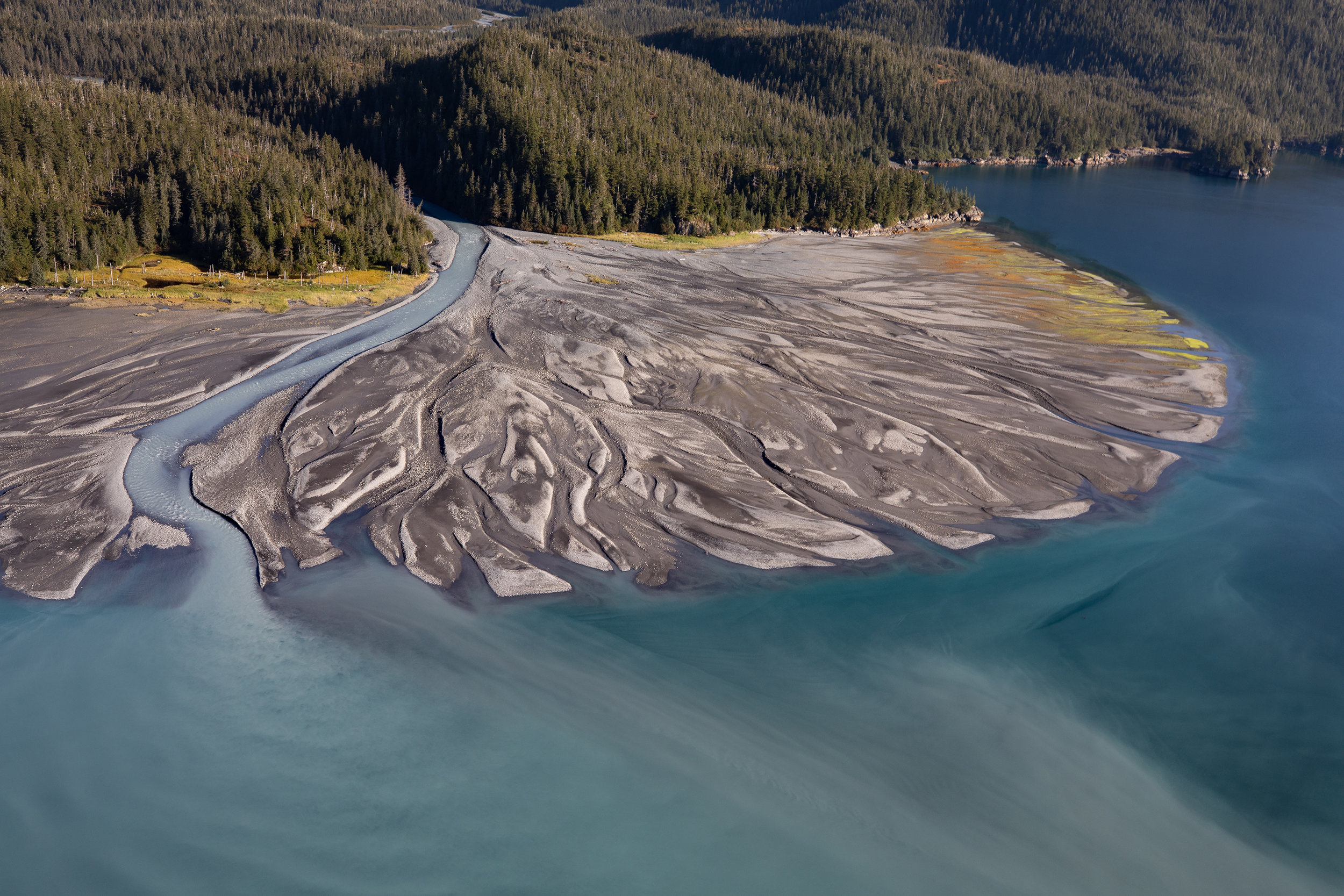STATE OF CHANGE
State of Change—a narrative that captures the stories of scientists and residents of the arctic, a reflection on the human condition and the changing landscape.
As human beings we are evolutionarily predisposed to measure everything in relation to ourselves. The individual is the reference point, a perspective that collectively embodies all of our experience, our biases, emotions, knowledge, understanding, and our desires.
Our complex relationship with the natural world is as much a metaphor for our struggle to relate with one another and adapt to change. In nature we sometimes find ourselves lost, connected, even confused.
Qaiyaan Harcharek, an Iñupiaq whaler and resident of Utqiaġvik, stands on the Arctic Coastal Plain, the frontline of climate change.
The scale and mystery of the natural world often overwhelms our ability to comprehend, so we observe, ask questions, and seek answers. At times what remains is a conundrum, even bigger questions about the nature of change, even the nature of our own being.
A year ago I set out to understand why the current narrative around climate change appears to be falling on deaf ears. As a lifelong Alaskan, I didn’t need convincing. I’ve spent my entire life exploring our mountains, where as a boy I witnessed advancing glaciers, and now a rapid trend of disappearing ice, milder winters, and longer summers.
Among the chatter of distant pundits who profess to have knowledge of these matters, I set out to speak with people who actually live and work in the field, scientists and residents of the Arctic.
“I set out to speak with people who actually live and work in the field, scientists and residents of the Arctic.
”
The project began after cold-calling a respected geophysicist. This single contact paved the way for a serendipitous journey, leading to numerous other scientists who offered me their time. I met with researchers who study everything from glacier ice to sea ice, permafrost and snow, marine mammals and stream ecology. I went to the shores of the Arctic Ocean, joined an intensive scientific research trip on a glacier near Prince William Sound, and I traveled endless points in between.
I developed friendships. I learned about the plight of climate change. And I became obsessed with the suicide of a highly respected and enigmatic scientist who took his life in 1957, in the very mountains he set out to study.
After many hours of interviews and thousands of miles of travel on foot, car, bush plane, helicopter, and commercial jet, I realized I needed to stop collecting information and start synthesizing an emerging narrative, not one of doom and gloom that’s perpetuated by the media, but a story revealing the human side of change we face.


























Featured in the spring issue of Forum Magazine.
Read the full story here >
STATE OF CHANGE was funded in part by a grant from the Alaska Humanities Forum.


